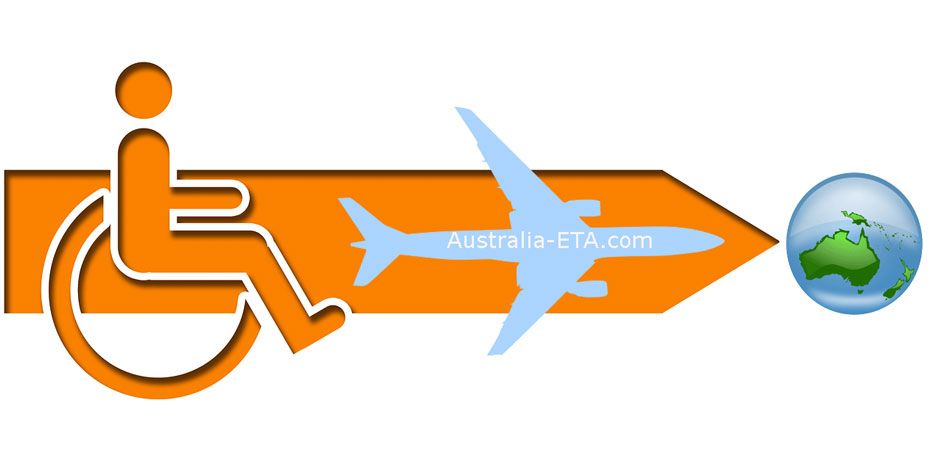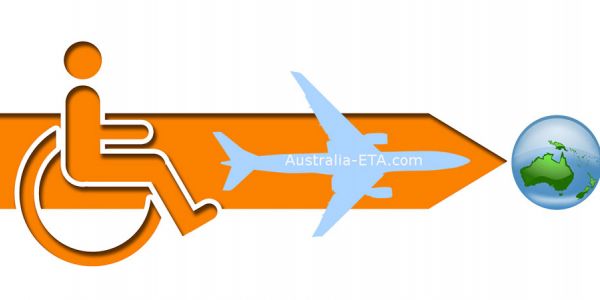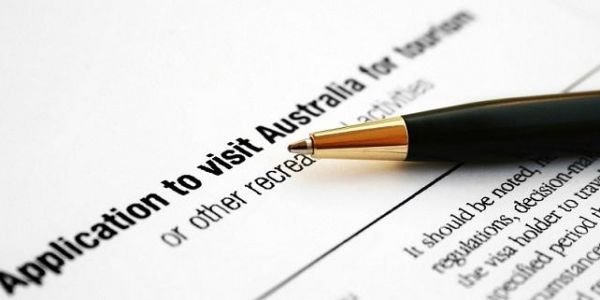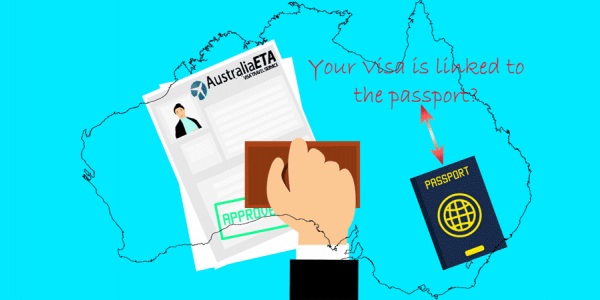Air travel for the disabled

Travel with reduced mobility or medical devices
The traveler isn’t just someone who isn’t suffering from any pathology, but he can also be someone who suffers from problems of reduced mobility; we speak for example of visually impaired people, people with hearing problems or other diseases that prevent the normal performance of daily activities. However, even these have the right to travel as people who have no pathology.
This category of travelers is entitled to all the stages of the trip to the free assistance that goes from the embarkation to the airport of departure to the landing at the airport of arrival and during the flight. Before leaving, those with reduced mobility should contact the airline, specifying their pathology, devices and medical aids needed to tackle the journey.
Airlines provide assistance during the flight, providing meals, taking medicine; if the flight is intercontinental they can require the presence of a companion.
Australian airports grant facilities to these types of travelers. However, if security checks are required, inform the safety officer to provide adequate support during screening. It is also advisable that the passenger has documentation of health status along with the health card and the prescription when taking drugs.
Exemptions for devices and medical aids
There is no restriction on the use or embarkation of medical devices and aids on international flights to and from Australia provided the passenger has documentation to support them. When the passenger is accompanied by a doctor or a paramedic who takes care of his health, he can carry hypodermic needles, a defibrillator or aerosol without any kind of restriction. It is possible to find more information on the subject by consulting the articles Liquids in hand baggage and Drugs that you can tran by travel
Screening process
All passengers are subject to security checks at Australian airports. Therefore, informed the safety officer, passengers with special medical needs may be subjected to alternative controls, such as a portable metal detector or even a quick search. Passengers with reduced mobility problems or with implanted medical devices
Alternative screening for this category will be performed if you are in the presence of:
- Passenger with disability diagnosed by a doctor who reduces mobility;
- Wheelchair user;
- Passenger with implanted medical devices such as pacemakers, external prostheses, insulin pumps.
Walking aids, such as walking sticks or crutches, wheelchairs will be accepted as a result of the safety check by means of an X-ray detector or portable metal.

For the passenger, he / she has hearing problems, the security personnel will use manual signals; if the passenger has hearing aids like cochlear implants, they will not be affected by the metal detector check and will not be needed to remove the hearing aid before being screened.
For visually impaired passengers, security guards will notify the passenger of each phase of the check and guide him during the screening process. If he has the club with him this will be seen through x-rays. If traveling with a service animal, the passage will not be separated from the dog but will be subjected to a physical visit. The inspection of the animals will take place first in the neck, then in the harness, on a leash.
Fly to Australia with a visa
There are 2 types of short stay Australia tourist visas that can be applied for:
- eVisitor for Australia (subclass 651) indicated for those who have European citizenship. It is valid for 1 year with a three month stay on Australian soil.
- ETA australian visa (subclass 601) indicated for those who have non-European citizenship.
Other articles that may interest you

Flying Australia with Disability

Other types of visas Australia

